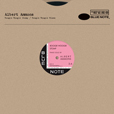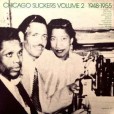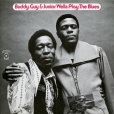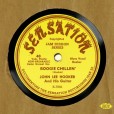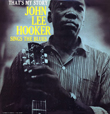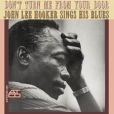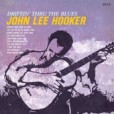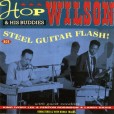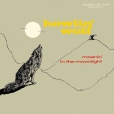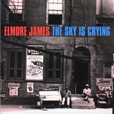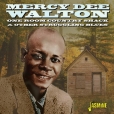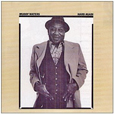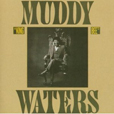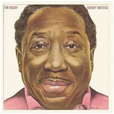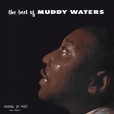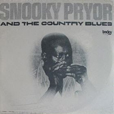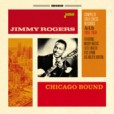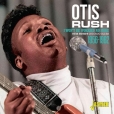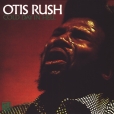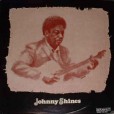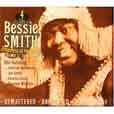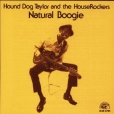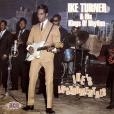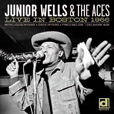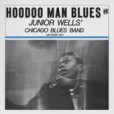Your basket is empty

A second volume of ‘the best and rarest Chicago blues of the early postwar era.’ Little Walter, Muddy Waters, Sunnyland Slim, Floyd Jones, Snoooky Pryor, Roosevelt Sykes… all present and correct.
You need it for Johnny Shines’ Living In The White House, about setting society to rights, over the rocking saxophone of J.T. Brown. ‘I want to live in paradise, make servants out of kings and queens / Now don’t shake me please darlin / This is one time I want to finish my dream.’
Utterly transfixing and thrilling, this is blues to the limit, a kind of avant-garde primitivism.
‘With an approach that was drawn from the Mississippi modal tradition, where you change chords only when the spirit moves you, variety was never the aim. Intensity was.’
For lyrics, too, Hooker is in the moment, with roughly amplified reflections about despair, sex and booze, rent and dancing; the places and faces of Detroit. The singing is frank and emotional but sly. He never lets up stomping on a wooden pallet, quarter notes with one foot, eighth notes the other.
Returning to the tapes, Ace has got this unmissable music sounding better than ever. Nineteen previously-unavailable alternative takes never drag, but deepen its mesmeric spell.
Truly crucial stuff.
Stinging electric blues and sparkling Texas stride-blues piano, and dapper, sad, droll singing, with a measure of the slurred wit and poise of Percy Mayfield.
Mercy Dee picked cotton like his parents, and his writing about rural poverty is unforgettable: check his first, minor hit Lonesome Cabin Blues, and the bigger One Room Country Shack, covered by Mose Allison, Jr. Wells and co. ‘If I ever get from around this harvest, I don’t even want to see a rose-bush grow / And if anyone ask me about the country, Lord have mercy on his soul.’ He also richly and lovingly disses various girlfriends: ‘the mule-head woman… her mind in the gutter, and her hands on my pocketbook’; ‘the bird-brain baby, with a heart the size of a mustard seed…’
These sides are from 1949-55 — for Spire, Imperial, Colony, Rhythm, Flair, and Specialty — but don’t miss his comeback LPs for Arhoolie, too.
‘My life is blank and empty, like a pea out of a shell.’
‘I’ve tried so hard, and failed, baby.’
Searing, ultra-dread Chicago blues. Total murder like Double Trouble, when Otis had barely turned twenty, with Ike Turner on second guitar. Genius.
Perhaps his best LP, from 1975, with an ace band, including horns. Rough, raw, and emotionally gripping as ever, and slashed through with his unmistakable guitar sound, from the mean, rollicking opener Cut You Loose to the Diddleyesque, wigged-out, hard-shuffling finale Motoring Along.
Rough, wild slide-guitar blues. “He couldn’t play shit, but he sure made it sound good,” was the guitarist’s verdict on himself.
Halfway through Sadie, his ex tells him straight: ‘Hound Dog, I can’t use you any more.’ Taylor cries his heart right out into three solos. Terrific.
Killer diller guitar blues.
‘Rock and blues guitarists alike owe a gargantuan debt to Ike Turner. His ferocious whammy-bar hammering, choppy chording, and ultra-aggressive string-bending solos were way ahead of their time from the mid-1950s onwards.’
With The Aces live in 1966, just a few months after Hoodoo Man Blues came out.

